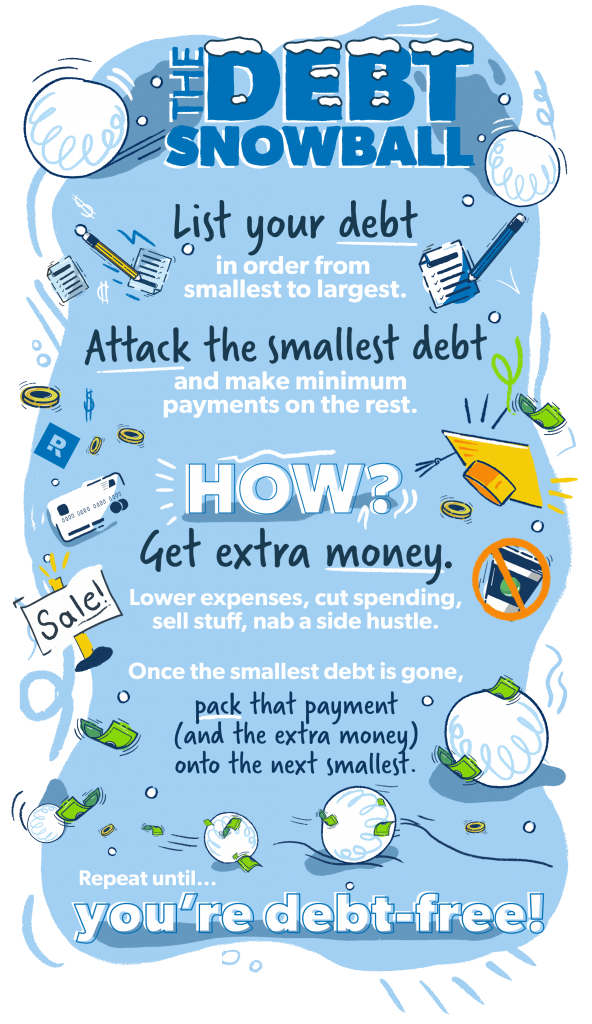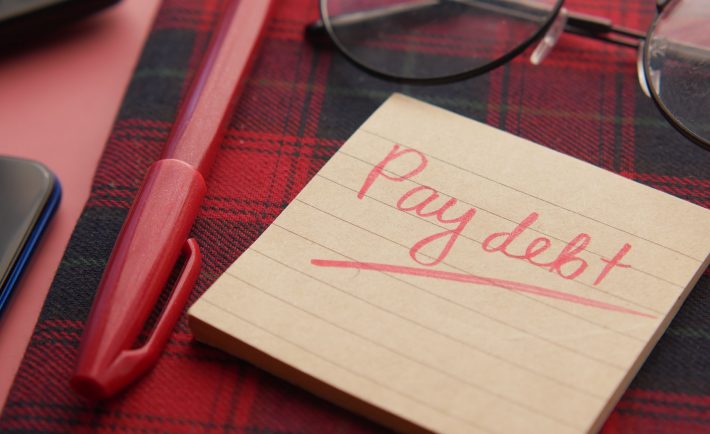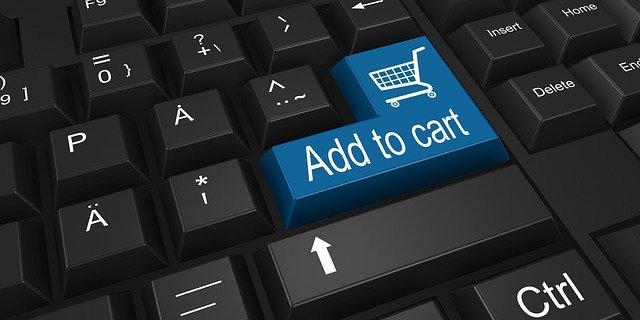WHAT IS THE DEBT SNOWBALL STRATEGY?
Popularized by personal finance author Dave Ramsey, Debt Snowball is a strategy used for paying down debts. It focuses on paying off your smallest balance first before moving to the larger ones. The person lists down all his or her debts and categorizes these debts from smallest to largest. Money will then be allocated to pay off the smallest debt first, while making only minimum monthly payments on the other debts.
This strategy would not save you as much interest as the Debt Avalanche, but it can help you stay on track in your debt repayment journey.
HOW CAN YOU GET STARTED?
List down all your debts to get started. Then, gain momentum as you knock out each remaining balance. When the smallest debt is paid in full, you will move your efforts toward the next smallest debt on the list. To illustrate, here are the steps:
Step 1: Write down all your debts from smallest to largest, regardless of its interest rate
Step 2: Make minimum payments on all your debts except for the smallest debt on your list.
Step 3: Pay as much money as you can on your smallest debt. This is going to be your priority.
Step 4: Repeat the process until each debt is paid in full.
HOW CAN I APPLY THIS STRATEGY?
Let us imagine that you can afford to put aside S$1,000 every month to pay off your three sources of debt: S$30,000 worth of student loan debt (minimum monthly payment of S$500), S$5,000 worth of car loan debt (minimum monthly payment of S$100), and S$2,000 worth of credit card debt (minimum monthly payment of S$50).
Using the Debt Snowball strategy, you would spend a total of S$650 to cover each debt’s minimum monthly payment. You would then put the remaining S$350 toward the credit card debt because it is the smallest on your list.
Once the credit card debt has been fully paid, the extra payment will go towards your second-smallest debt. At some point, you will be able to clear up your car loan and focus all your money on eliminating your student loan. Like a snowball, each paid-off debt frees more cash to get rid of the remaining ones.
WHAT ARE ITS ADVANTAGES AND DISADVANTAGES?
Its advantages include increasing your motivation and easing your implementation. Paying off three or more debts can seem more manageable if you break it down into smaller pieces. You see, you can get frustrated with the repayment plan if you focus all your efforts on the largest debts. Furthermore, this strategy is easy to implement. You do not need to compare the annual percentage rates (APRs) for all your debts or to tackle deeper into the terms and conditions. You simply need to know the balance owed and its minimum monthly payment to categorize each debt.
On the other hand, its disadvantages include issues in time and interest. Since this strategy focuses on repaying debts according to the balance, it may take you longer to pay off your debts. Interest can be another factor because you are prioritizing balances over APRs. Remember, you could end up paying more money in interest over time.
WHAT ARE THE KEY TAKEAWAYS?
The Debt Snowball Strategy helps you pay off debts by focusing on your smallest balance before moving on to the remaining ones. You will always pay the minimum on each of your debts, except on your smallest debt. This strategy cannot save you as much interest as the Debt Avalanche, but it can help you stay motivated.
Prudent use of personal loans can save you more in the long run, especially if you’re currently saddled with severe credit card debt or are facing a financial emergency that could wipe out your savings. Ultimately, the only way to prevent bad debt from snowballing is to have the discipline to control your spending until your loan is repaid. If you find yourself in any of the above situations and are looking for a personal loan to help relieve some of your financial burden, be one of the first 2 applicants daily to have your 1st year’s interest (up to S$550) covered by SingSaver. Click here to learn more. Offer until 21st Mar 2022. T&Cs apply.

Image Credits: ramseysolutions.com
If you need professional help when it comes to managing your debt, you can seek assistance from a credit card counselling organization such as the non-profit organization called Credit Counselling Singapore (CCS).









